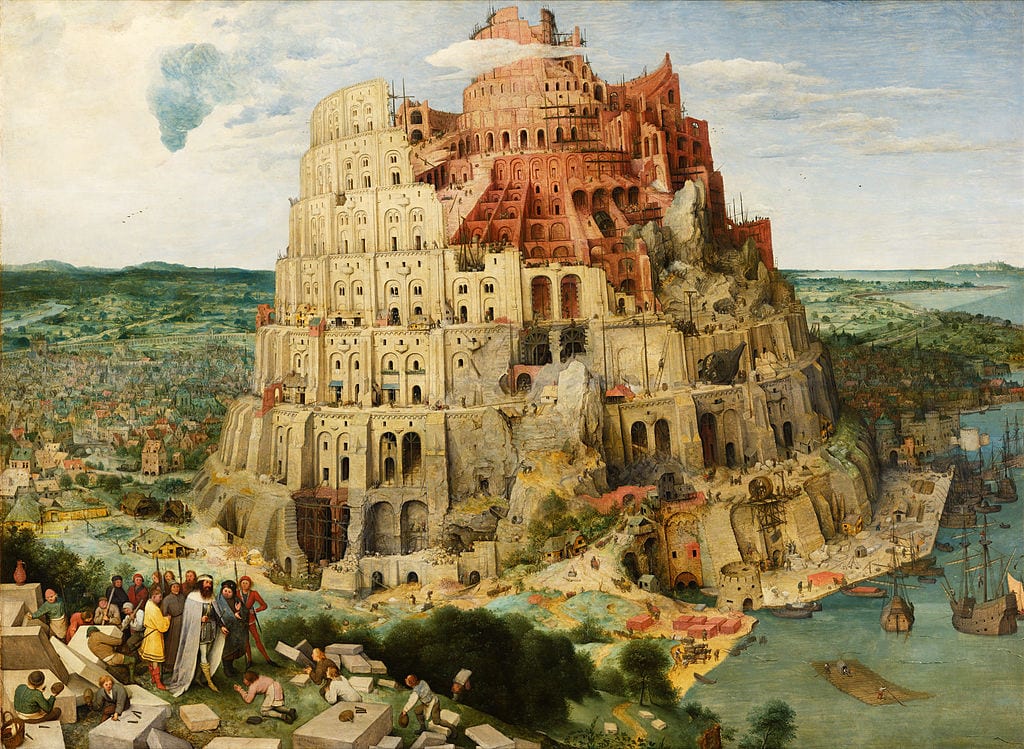How did we get here and where are we going?[1]
[2]We opened the discussion with a quote from ‘A Short History of English Drama’ [3] -“of the English theatre in the twentieth century, this at least can be said, that it is better than the English theatre of the nineteenth century”. That is because it was the post war era and people are going to the theatre after work. We continued with that quote “Let us invent a character, a nice respectable, middle-class, middle-aged, maiden lady, with time on her hands and the money to help her pass it. She enjoys pictures, books, music, and the theatre and though to none of these arts (or rather, for consistency’s sake, to none of these three arts and the one craft) does she bring much knowledge or discernment, at least, as she is apt to tell her cronies, she “does know what she likes”. Let us call her Aunt Edna.’ [4] that gives us an idea of how theatre was perceived then and who is the potential ‘consumer’. Theatre shouldn’t be too much of a mind challenge but something very entertaining. The whole European Avant-garde movement didn’t come around England, and its happening only in the theatre field. Joe Orton will later send letters to the newspapers as Edna.
Kenneth Tynan was the first one to say the word ‘Fuck’ on the British television. He was a theatre critic and a provocateur. In his ‘a view of the English stage’ he discussed the politics of the representation. A bourgeois theatre that represent the bourgeois is not experimental at all.
George Devine was the artistic director of the English Stage Company 1956-1965. He aims to shake things up and attract new young audience with provocative edgy new writing. That considered dangerous. We’ve mentioned the Royal Court’s Artistic Policy with the right to fail[5]. Not everything has to be grand scale success. It’s the rightful theatre. John Osborne’s (now iconic) ‘Look Back in Anger’ was premiered there and was a turning point, the right play at the right time. It was the first the audience seen a n iron board on stage. Tynan said it the best day in that decade.
Then we mentioned some more key moments with a great influence on British theatre (like ‘Waiting for Godot’ in 1955). ‘Godot’ changed what is allowed on the British stage. we mentioned a saying attributed to Michael Billington (the Guardian’s chief theatre critic on the 1960s) that the British theatre discovered its political power.
We discussed briefly about some other important Playwrights like Pinter and B ond, Howard Barker’ theatre of catastrophe, Trevor Griffiths, Caryl Churchill and many more.
We moved on to ‘in-yer-face’ theatre and new writing and some key moments on that evolution like Sarah Kane’s ‘Blasted’ and development of the new writing.
The new writing is relevant, raw ,provocative and kicking kind of theatre that represent a particular of the author. It is highly marketable because of its authenticity, more of a trend then quality.
Where are we going? Theatre now is experimenting with time space and technology but for me the verbatim play is the new authenticity and an expended new writing.
We continued to an open dissuasion about the play ‘Pornography’[6]. It was a very powerful play to read for me, as I am coming from a place that faces terror attacks all the time and especially lately. The Shakespearian seven stages of a man is a clear reference in the play. We mentioned the world première of this play, directed by Sebastian Nübling in Nitra, Slovakia. The setting was inspired by The Tower of Babel painting by Pieter Bruegel the Elder. The whole cast was on the stage the whole time and the tower was built during the show. Is there a plot in this play? That we couldn’t decide for sure. We already know the ‘real’ plot that happened in real life but the play is not built from moment to moment. The theme of the play is transgression throughout the different monologs. It called pornography because of the nature of objectification of men and women the in this industry. The objectification is something that the play is asking questions about. We finished with a saying of Sartre that you can’t imagine and understand at the same time, and also a recommendation, to read Dan Rebellato’s blog ( http://www.danrebellato.co.uk/)
I’d like to add that it is worth the exploring, finding out who was Nimrod in the bible, and how his character can reflect on this play.
[1] Slideshow for that session:slides
[2] Photo credit: Pieter Brueghel the Elder (1526/1530–1569) – Levels adjusted from File:Pieter_Bruegel_the_Elder_-_The_Tower_of_Babel_(Vienna)_-_Google_Art_Project.jpg, originally from Google Art Project.
[3] Evans, B. Ifor, A Short History of English Drama, Pelican/Penguin Books, Harmondsworth, Middlesex, UK (1948)
[4] Terence Sir Rattigan, The Collected Plays of Terence Rattigan: Volume Two the Later Plays 1953-1977, Hamish Hamilton (1953) p. xii
[5] attributed to Tony Richardson
[6] Sthphens, Simon, Pornography, Methuen London, 2008
